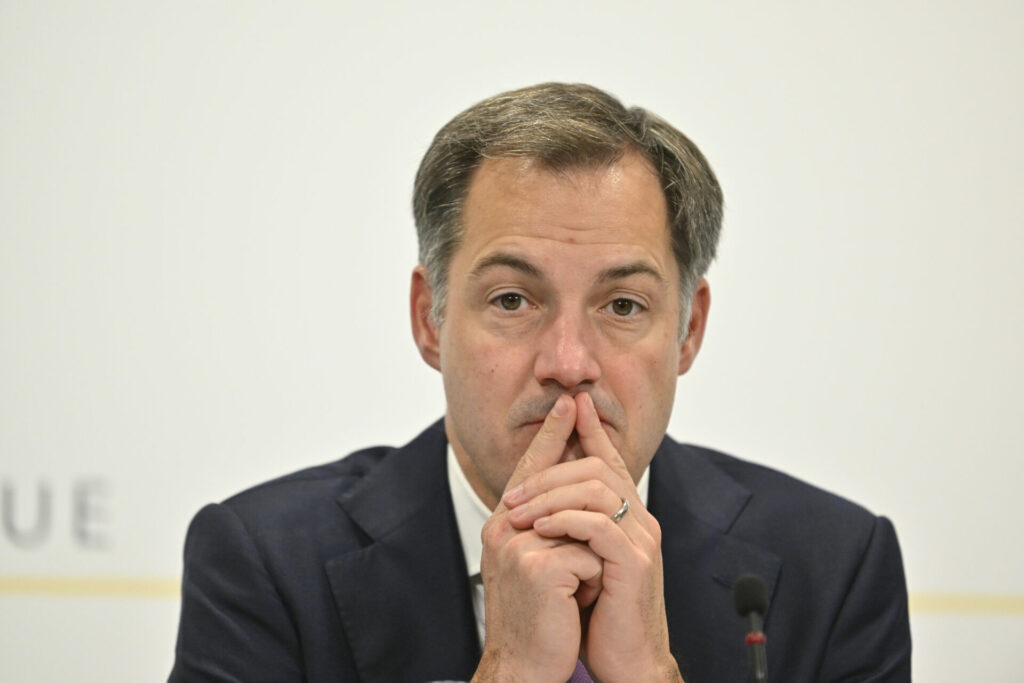Just one day after Belgian Prime Minister Alexander De Croo presented his Federal Government's budget plan for 2023-2024, the policy has come under fire from politicians in the opposition, companies and experts.
While the new federal budget, outlined during De Croo's State of the Union address on Tuesday afternoon, has been heavily criticised, the Prime Minister insists that it sets the course for necessary changes.
"Belgium has the highest government expenditure, the highest tax burden and the largest structural budget deficit in the European Union," leader of the Flemish rightwing N-VA party Bart De Wever wrote on Twitter on Tuesday. "With this non-budget, the Federal Government ensures that this is even less likely to change. Completely irresponsible."
Yet De Croo hit back on Tuesday evening, affirming that the government has already taken significant measures for the labour market: "In the two years that this government has been in power, the employment rate has risen sharply. We have expanded the number of flexi-jobs and allowed students to work more. De Wever reacts before he has seen what we have decided. That is not fair," the Prime Minister said on VTM News.
Though De Croo admitted that the government has not been able to implement all the hoped-for reforms, he drew attention to the difficult circumstances of the last two years: "We are in a full crisis, the second one in quick succession. You can't do everything; you have to set priorities and we have chosen to help people through the crisis."
"What should we have done differently? Tell bakers and butchers just to go bankrupt? Tell people with a sky-high energy bill to just sit in the cold a bit more?”
Related News
- 'Europe is a gentle giant': Belgian PM De Croo delivers State of the Union
- Brussels Government to announce budget on Wednesday after turbulent talks
The Federation of Enterprises in Belgium (FEB) welcomed the budget plan as "a ray of sunlight, but the dark clouds have not disappeared." CEO Pieter Timmermans wrote on Twitter that he is happy efforts to finally address the fall in business competitiveness and that there will be a 7.07% reduction of the burden in the first half of next year. Nonetheless, he stated that the pay gap with neighbouring countries remains worrying.
Critics also point to a tax reform proposed by Finance Minister Vincent Van Peteghem that would have left working people with €500 net more each year. They argue that this would have been more beneficial than measures in the budget.
Professor of political science Dave Sinardet (VUB) acknowledged that the Federal Government is "substantially" reducing energy bills for citizens and companies but lamented the lack of, "structural reforms." He added that "One can only hope for a quick tax shift."
"We are still going to carry out that tax reform," De Croo said. "But if you lower the tax rate in one area, it has to go up for elsewhere. We need to look closely at things first and see that where taxes do rise, they don't go up excessively."
"I am of course also in favour of a tax shift; in this legislature, we will take steps so that working people have more left over at the end of the month. That will come, but right now, our priority was the energy bill."

